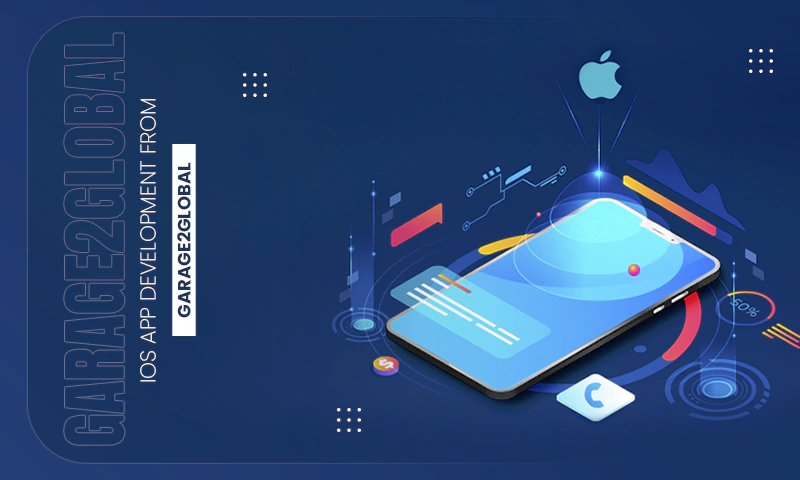Different Types of Proxies and Why You Need Them?
Whichever type of proxy you choose, their main goal is the same. They change your IP address and disguise your identity in a way that allows you to surf the internet without getting blocked or to unblock already blocked sites or any content on it.
In general, any type of proxy can be used for any task where hiding your identity is needed. However, different types can be more useful when their application is differentiated by their advantages, depending on the purpose.
Datacenter proxy
Datacenter proxy is one of two main types of proxies. Usually, all your traffic is routed through your Internet Service Provider (ISP) that assigns an IP address to your device. An IP is used to connect and communicate among different devices while maintaining a clear separation of each other.
Datacenter proxies work by making their server a partial substitute for your ISP. When you connect to the internet, all your traffic goes to a server of a data center proxy where all your requests are presented on your behalf and then returned. Since their server is the one that directly contacts the site that you are accessing, their IP addresses are shown instead of yours.
This type of proxy is working from a data center where different places are being indicated by different IP addresses that are provided here. It means that your IP address that was given by a proxy provider to replace your original IP assigned by your ISP can indicate the location of the data center. In rare cases, locations could possibly be simulated.
Also Read: The Real Value of Private User Data
What are Datacenter Proxies Best for?
Because IP addresses are simulated when a datacenter proxy is used, it is cheap, broadly available, and extremely fast. Those are its best features, compared to alternatives.
Therefore, their use cases consist of those activities that need a fast connection:
- Using automation tools (bots),
- Gathering data,
- Researching the market,
- Social scraping.
Whether all the scraping and researching is done manually or by automation tools, such activities can be forbidden and might be prone to get blocked by most of the sites. Not to mention, if you are snooping on your competitors, they will most likely restrict your access to their sites.
The usage of bots will only deepen this issue. The more of the internet you want to cover and the faster you want to work, the more you are likely to get blocked.
Datacenter proxies solve these issues by providing you anonymity without making you lose any of your speed. You will not lose what your bots add, namely, the enormous speed, and yet, you will be less likely to get identified or blocked.
With datacenter proxies, your bots can work with different IP addresses that change over time and leave no continuous trace of all the activities done by them. If you are extensively researching and scraping by yourself, you can do the same by discontinuing the IP association between your different actions.
Residential proxy
This type of proxy is another one of two main types. It doesn’t use a single data center where different locations are simulated through different IPs. Rather, it employs IP addresses that are assigned by different ISPs to physical devices in real locations.
When you are trying to access any site, a proxy server intercepts your request and sends it from that IP address in a specific location, and then returns you the response.
Your new IP address provided by the proxy server indicates a location that is in the exact place where that IP address is assigned. It makes your original IP address even more disguised. It’s way harder to track a proxy when its IPs are working in real residential areas and when they are not merely simulated but rather used from their original places.
Where Do Residential Proxies Fit Best?
Residential proxies provide more legitimacy than datacenter proxies, but that comes at a cost. Because real residential locations are used and IP addresses are exploited with the involvement of their ISPs, the connections are less reliable and slower. The whole road that your request goes is longer and goes through a weaker connection. In the end, it simply takes more time.
Since a lot more things are involved, the process is more difficult and, therefore, costs more money for the user. However, the longer and more complicated road means that many more locations can be covered by residential proxies.
For these reasons, the main use cases for residential proxies are the ones that include using more locations and greater safety:
- Accessing geo-restricted content,
- Sneaker copping,
- Managing multiple accounts,
- Securing sensitive data.
The bigger the project you are working on, the more safety you will need. And residential proxies are best for this purpose. Especially, if your work includes any kind of sensitive data, the speed is quite irrelevant when compared to safety.
Covering more locations results directly in advantages for bypassing geo-restrictions. If you have an IP address that indicates a location in a different country, you have all the access to the content available only for users within that country.
For instance, you can access prices or even goods that are displayed only in different countries, let alone different sites that can be blocked by certain companies, by your government, or because of some international geopolitical situation.
Concluding Remarks
Datacenter proxies are best used when you want to stay anonymous while maintaining the pace of your work. Residential proxies, on the other hand, are better for bigger projects where more legitimacy and a huge variety of locations are advantageous. In that case, a higher level of safety and wider coverage of locations trumps the faster pace. The lists of activities for respective proxies provide a useful base for choosing the most fitting type of proxy for you.
Share
















